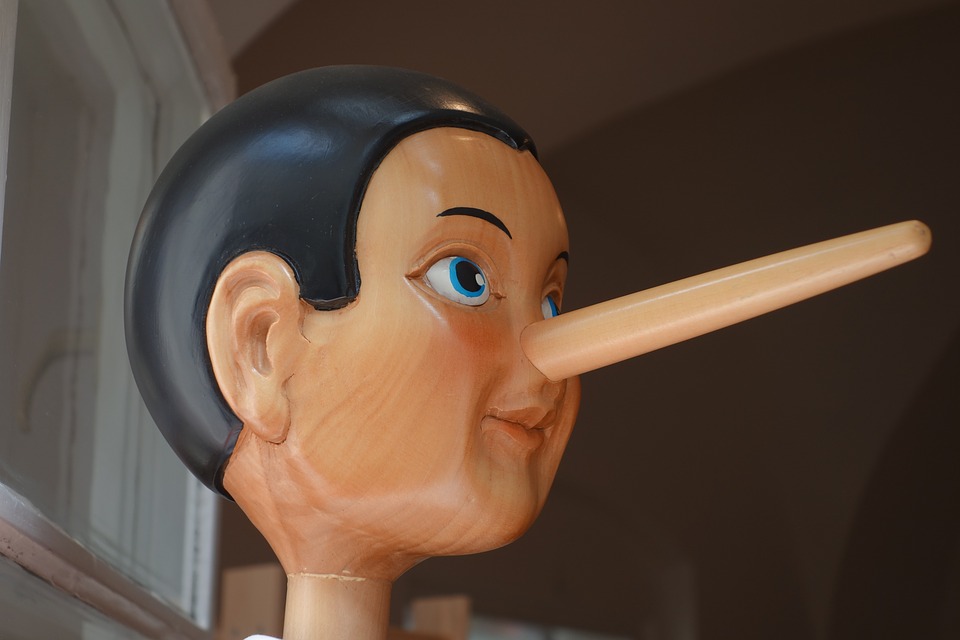Were you solicited to review an article, submit a manuscript, or join the editorial board of an open access publisher and then felt suspicious? That’s reasonable considering the proliferation of deceptive or predatory publishers. Deceptive  publishers are those that misuse open access (OA) publication models for profit rather than to promote and communicate new knowledge.
publishers are those that misuse open access (OA) publication models for profit rather than to promote and communicate new knowledge.
Not all open access publishers are predatory. OA is credited for removing barriers like paywalls or subscription to make scholarly information more widely available. Solicitations from legitimate OA publishers may provide novel opportunities to publish your work or for professional service. If you get such requests, here are suggested points to help you consider whether or not a publisher is deceptive:
- Organization: Check on the company or organization responsible for the OA journal, and its board of directors, affiliations, memberships, and length of time it has existed.
- Editorial board: Does the editorial board have experts in the field? Deceptive publishers often have sham boards, so contact a listed member if unsure.
- Frequency of publication: Does an OA publisher regularly publish? Deceptive publishers tend to be inconsistent with releasing new content.
- Publishing policies: A publisher should be transparent with its policies regarding manuscript submission, peer review, retractions, erratum, and its publication process or workflow. Policies should adhere to the guidelines by publishing ethics organizations like COPE.
- Indexing: Web of Science and Scopus are established indexes or lists of journals. An OA journal’s inclusion in these indexes helps their credibility since the indexes tend to carefully review titles for inclusion.
- Professionalism of site and publication. Does the web site appear professional, or is it outdated or have typos? Review the rigor and overall qualities of the works submitted in a publication.
Want to compare? Visit Journal of Earth Science & Climatic Change and compare it to Geophysical Research Letters, and see the differences.
Is there a master list of these types of publications? Not really. Beall’s List, which suggested who were deceptive publishers, was taken down due to professional criticism and lawsuit threats. In lieu of referring to a list, we strongly advise appraising or evaluating a publication, just like we suggest to students when they look for information to use in their assignments or projects.
What if I think my article or work was published by a deceptive publisher? Consult a publisher’s policies for requesting a retraction or removal, and then proceed accordingly. Please note that after a retraction, some publishers may not accept work that was already published, though there may be some exceptions.
Recommended Sources:
- Deceptive or Predatory Publishers (SCS LibGuide): https://libguides.fau.edu/scs-predatory-publishers
- Open Access (SCS LibGuide): https://libguides.fau.edu/scs-open-access
Image source: Pinocchio, by Schwerdhoefer. Permission by CC-BY-NC.
 FLORIDA ATLANTIC UNIVERSITY
FLORIDA ATLANTIC UNIVERSITY
